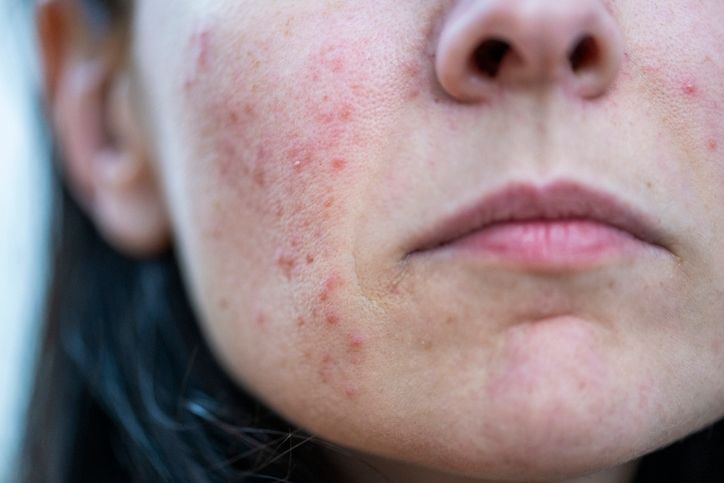
Book Now to Experience
Acne Treatment
1 Minute Self-Registration
Date should not be before minimal date
Author: Natalie Ng|2 April 2025
Clogged pores are a common skincare concern that can lead to a variety of skin issues, such as acne, blackheads, and uneven skin texture. When pores become blocked with oil, dead skin cells, and dirt, they can create a breeding ground for bacteria, which can result in inflammation and breakouts. If left untreated, clogged pores can also make your skin appear dull and congested. Fortunately, there are effective ways to treat clogged pores and maintain a clear, smooth complexion. In this article, we'll explore the causes of clogged pores and share practical solutions for keeping your pores clean and your skin glowing.

1
Causes of Clogged Pores
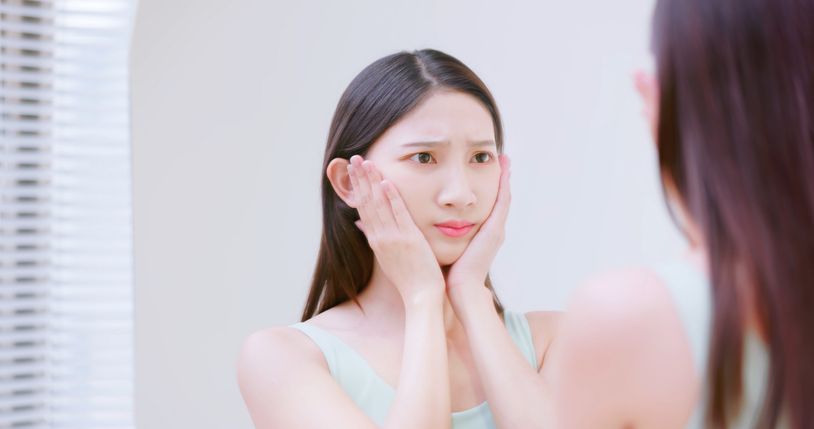
1. Excess Oil Production
2. Dead Skin Cells
3. Environmental Factors
4. Comedogenic Skincare Products
5. Hormonal Changes
6. Genetic Factors
7. Lifestyle Choices
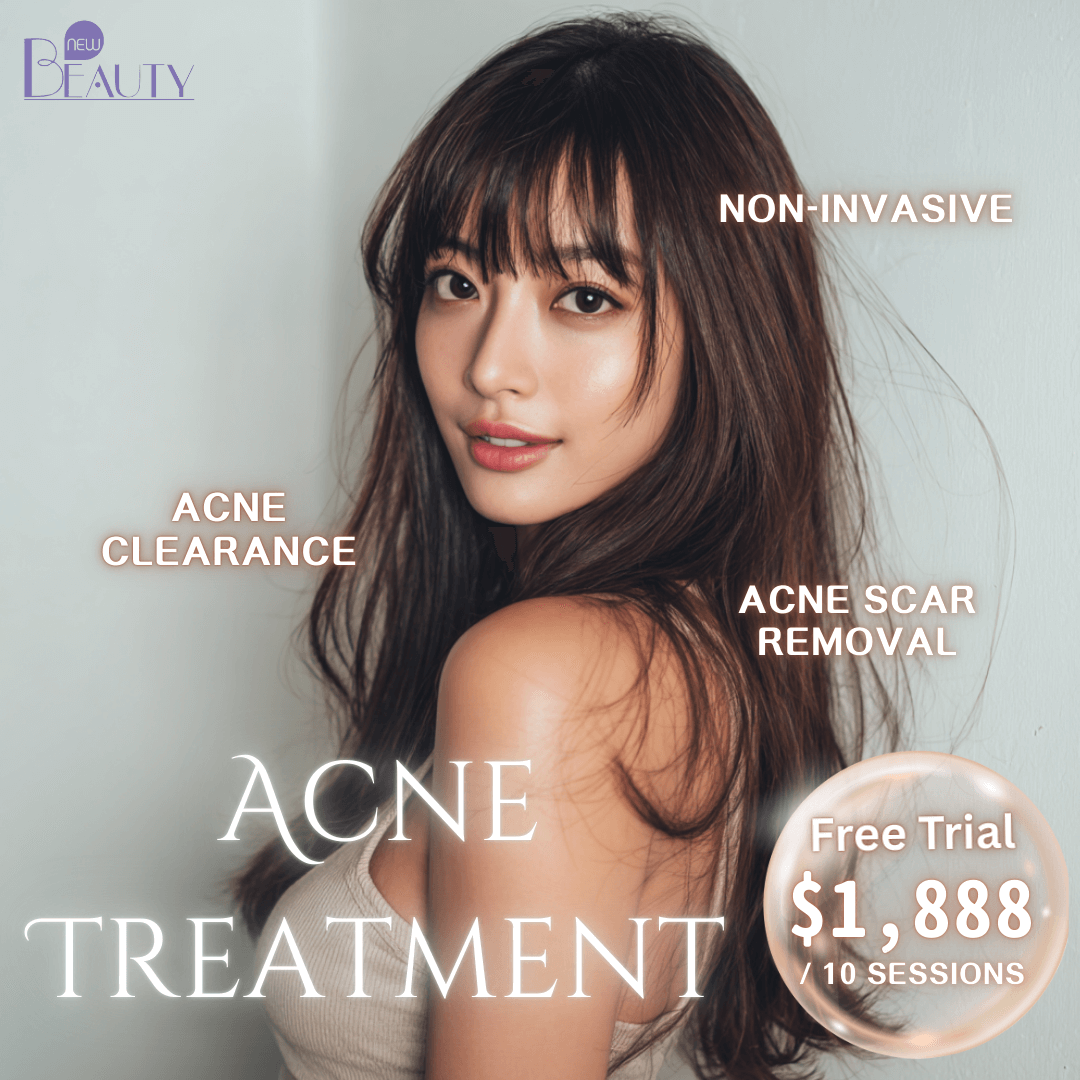

2
Effective Cleansing Routine
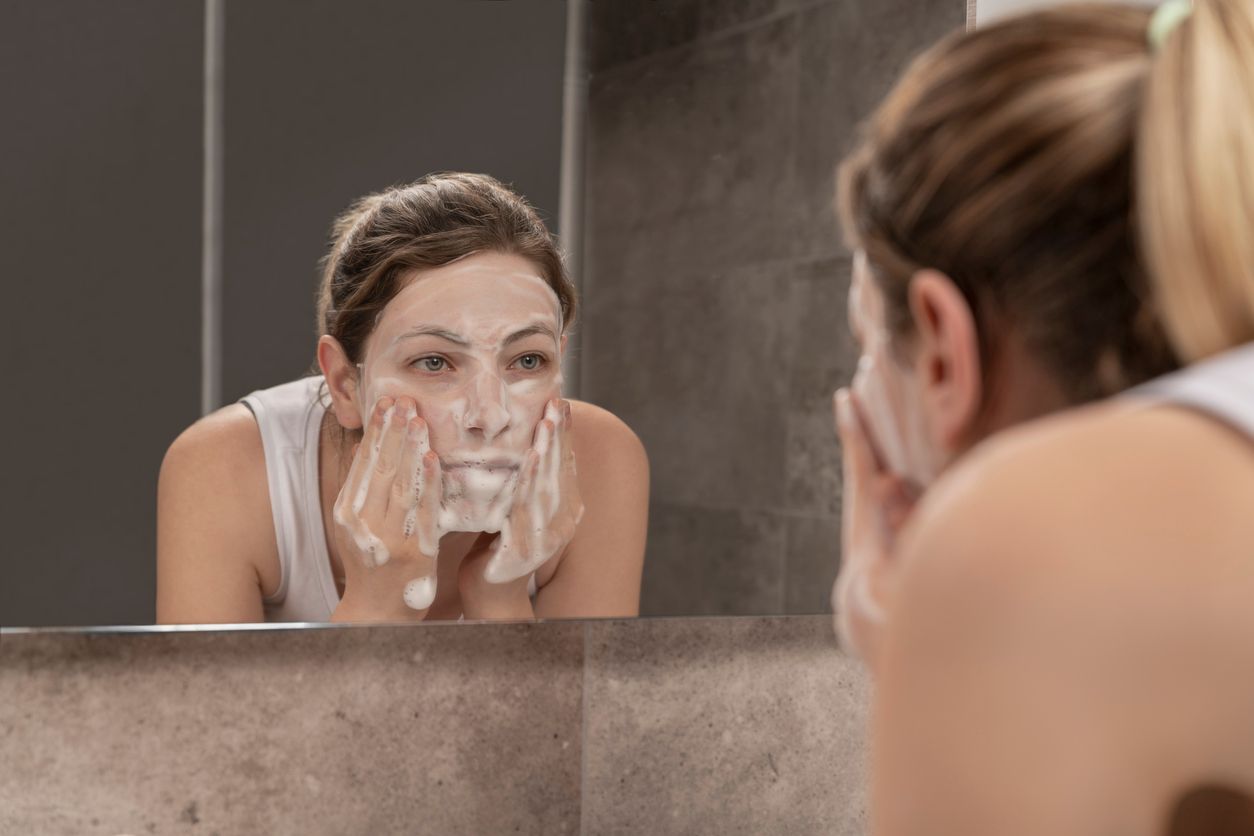
1. Choose the Right Cleanser
2. Cleanse Twice a Day
3. Incorporate Gentle Exfoliation
Physical Exfoliants
Chemical Exfoliants
4. Moisturize and Protect
5. Weekly Treatments for Deeper Clean
Read More

3
Natural Remedies
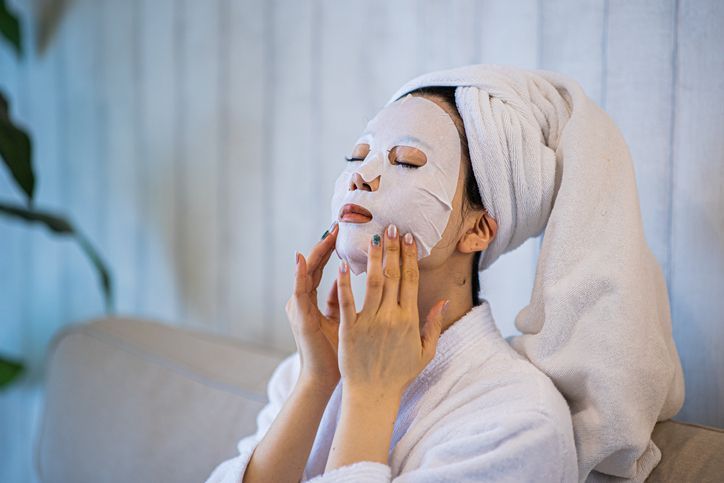
1. Steam Treatments and Essential Oils
How to Do Steam Therapy
Essential Oil Benefits
2. Clay Masks and Apple Cider Vinegar
Benefits of Bentonite and Kaolin Clay
How to Make a Clay Mask with Apple Cider Vinegar
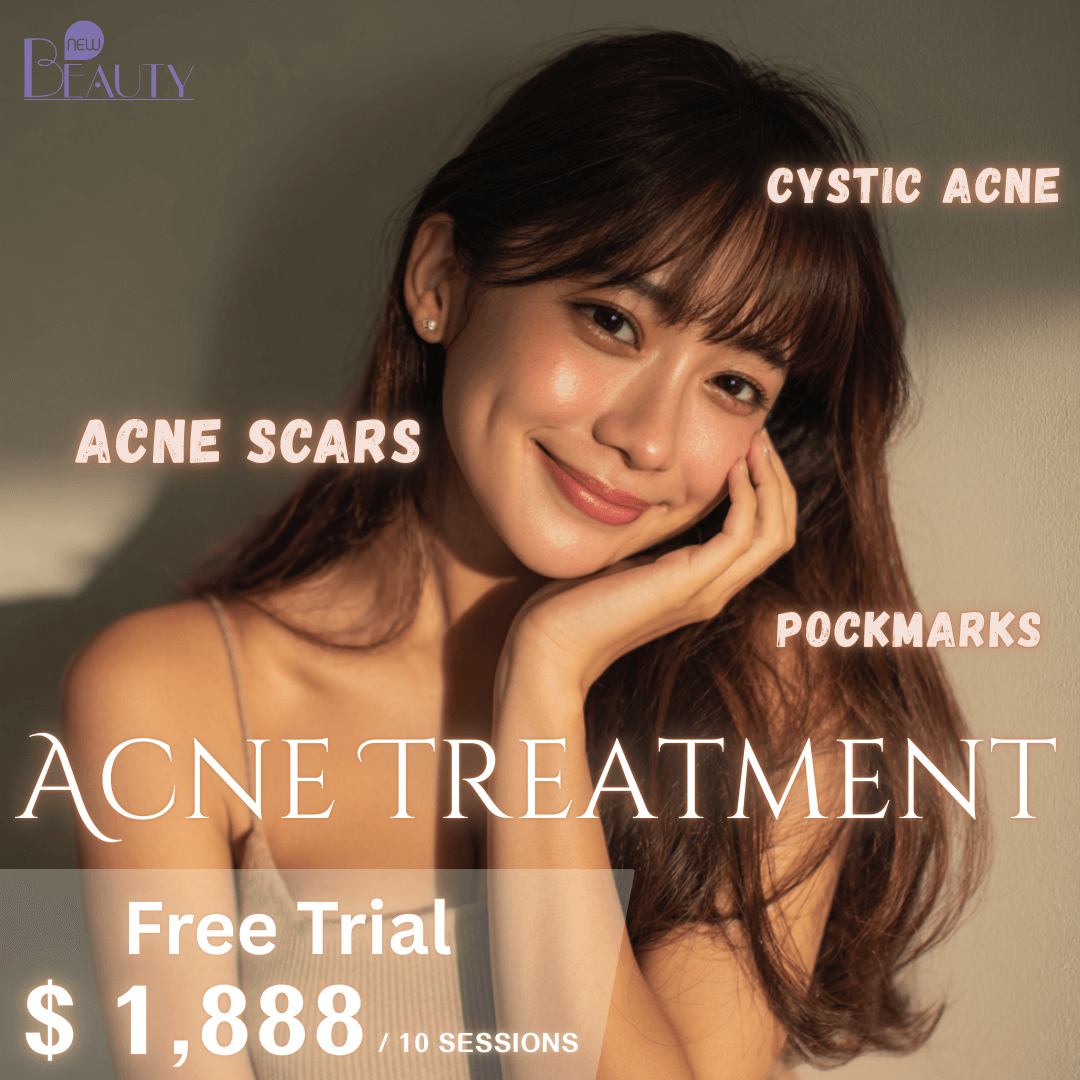

4
Chemical Exfoliation Methods
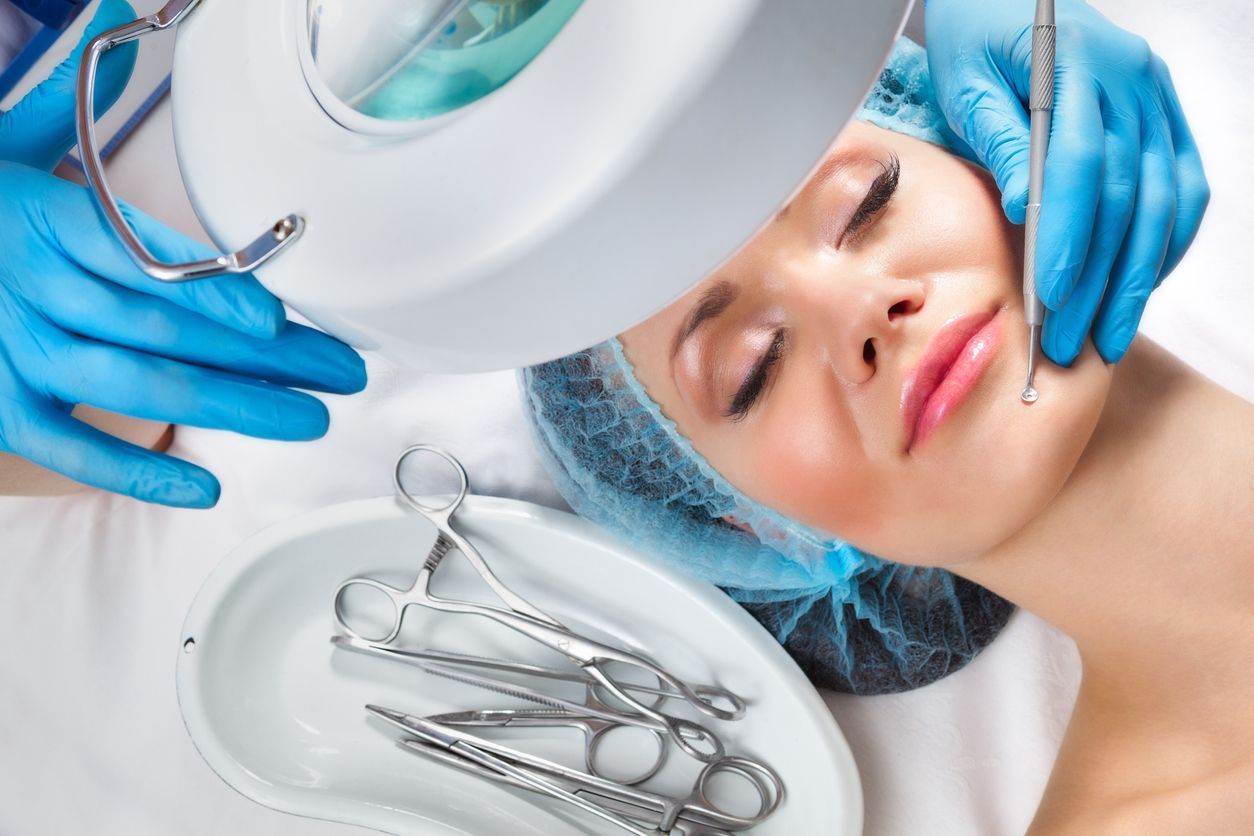
1. Salicylic Acid (BHA)
2. Glycolic Acid (AHA)
3. Retinoids

Book Now to Experience
Acne Treatment
1 Minute Self-Registration
Date should not be before minimal date

5
Professional Treatment
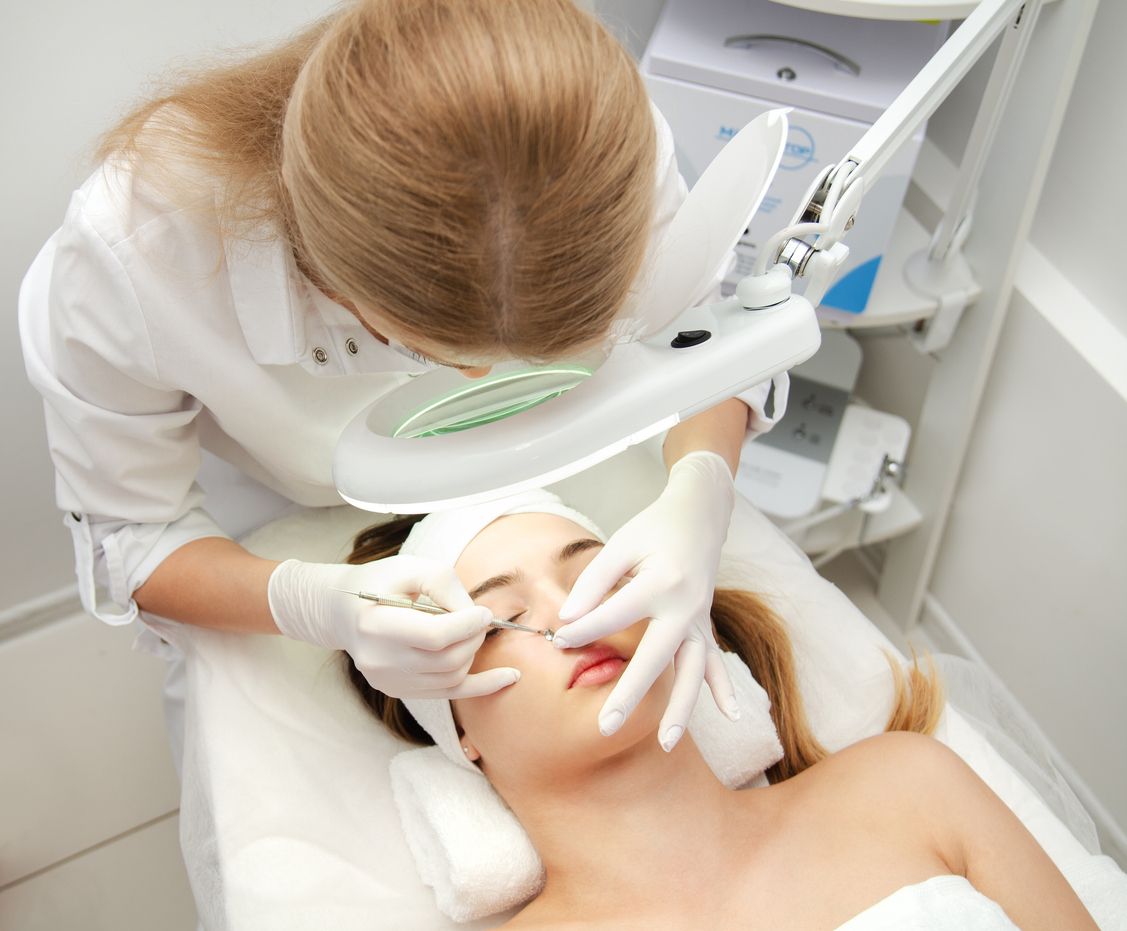
1. In-Office Extraction Methods
2. Chemical Peels


6
Professional Treatments for Clogged Pores
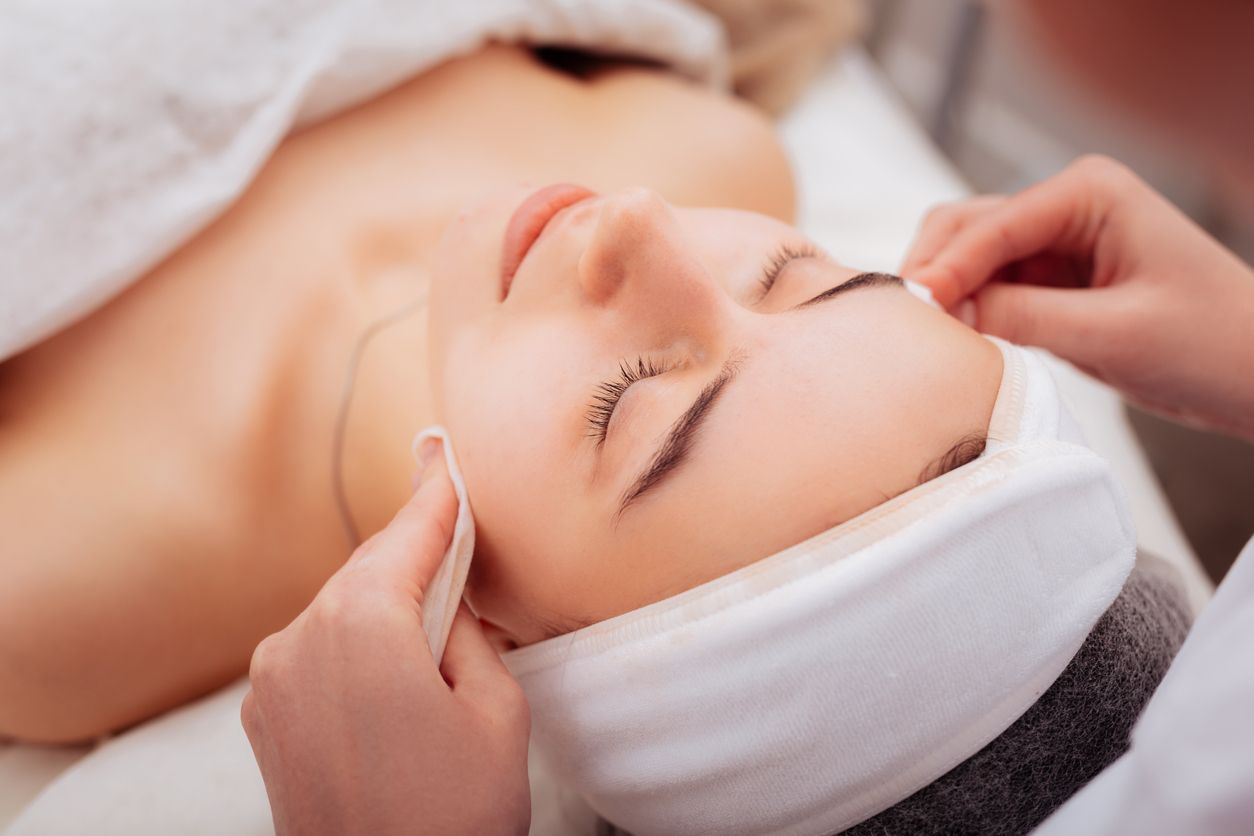
Introducing New Beauty’s Acne Treatment
How the Acne Treatment Works?
Advantages of the Acne Treatment
Who is Suitable for the Acne Treatment?
How Many Sessions are Needed?
What to Expect After the Acne Treatment
FAQ
How do clogged pores contribute to acne?
Clogged pores are one of the main causes of acne. When dead skin cells, oil, and dirt accumulate inside the pores, they can block the normal flow of sebum (skin oil). This trapped oil and debris can lead to bacterial growth, which triggers inflammation, resulting in acne such as blackheads, whiteheads, or cysts. To prevent clogged pores and acne, it's essential to maintain a regular skincare routine that includes cleansing, exfoliating, and moisturizing. Regular treatments that target pore congestion can also help keep pores clear and minimize the risk of breakouts.
Can Swimming in Chlorinated Pools Affect Clogged Pores?
Yes, swimming in chlorinated pools can substantially affect your pores, as chlorine reacts with sweat and oils to form chloramines that clog your skin's openings. You'll find that chlorine strips away natural oils, disrupts your skin's pH balance, and damages protective barriers, making you more susceptible to breakouts. If you're prone to acne or have sensitive skin, you're particularly vulnerable to these effects when spending time in chlorinated water.
Do Certain Medications Make Pores More Likely to Clog?
Several medications can substantially increase your likelihood of developing clogged pores, with corticosteroids, lithium, and anticonvulsants being primary culprits. You'll find that anabolic steroids, commonly used for muscle building, often trigger excess oil production that leads to blocked pores. Additionally, if you're taking vasodilators like benazepril or minoxidil, you might experience increased pore congestion due to their effects on blood vessel dilation and skin response.
Can Hormonal Birth Control Help Reduce Clogged Pores?
Combined hormonal birth control containing both estrogen and progestin can help reduce clogged pores by decreasing sebum production and shrinking sebaceous glands. You'll find that these medications, particularly FDA-approved options like norgestimate/ethinyl estradiol combinations, can improve acne by lowering androgen levels. However, progestin-only methods, such as mini-pills or hormonal IUDs, might actually increase oil production and worsen clogged pores.
Does Sleeping Position Affect How Pores Become Clogged on Facial Skin?
Your sleeping position substantially affects how your pores become clogged, especially if you're sleeping on your side or stomach. When you press your face against the pillow, you're creating prolonged pressure that obstructs skin follicles and impairs circulation, leading to clogged pores. Additionally, your pillow can transfer bacteria to your skin, further contributing to pore blockage. To minimize these effects, you'll benefit from sleeping on your back.

Book Now to Experience
Acne Treatment
1 Minute Self-Registration
Date should not be before minimal date
Recommended Articles
COPYRIGHT© NEW BEAUTY MANAGEMENT LIMITED 2026. ALL RIGHT RESERVED.

